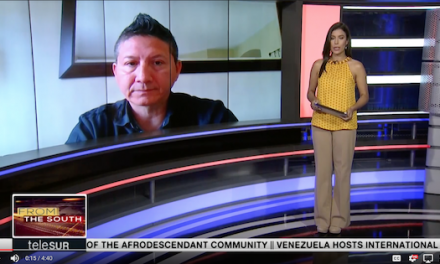2009-06-18 – CIVIL SOCIETY NETWORKS FROM NORTH AMERICA APPLAUD LETTER TO PRESIDENTS FROM LEGISLATORS’ TASK FORCE ON RENEGOTIATING NAFTA
FOR IMMEDIATE RELEASE:
Mexico City, Montreal, Ottawa, Washington
June 18, 2009
The four civil society networks from North America promoting fair trade over
‘free trade’ – the Alliance for Responsible Trade (United States), Common
Frontiers (Canada), the Mexican Network of Free Trade and the Quebec
Network on Continental Integration – welcome the initiative taken by
Legislators who are part of the Task Force on Renegotiating NAFTA, to send a
letter to Prime Minister Harper and Presidents Obama and Caldéron. In this
letter the Legislators state “Fifteen years since the North American Free Trade
Agreement (NAFTA) entered into effect, it has become obvious that many of
the promised benefits of the agreement have not come to be”. The civil
society networks support the call by the Task Force on Renegotiating NAFTA
for a “new, people-centered fair trade model”.
The four North American networks have been collaborating for several years in
advancing proposals for the renegotiation, or outright abrogation, of the failed
NAFTA. A recent example of these joint efforts can be found in the document
“NAFTA Must be Renegotiated; A Proposal from North American Civil Society
Networks”.
We intend to continue collaborating with the Legislators who make up the
Task Force on Renegotiating NAFTA because it is very important to engage the
Congresses in Mexico and the United States and the Parliament in Canada in a
thorough evaluation of the impacts of NAFTA 15 years after it was
implemented. We also intend to continue working on alternative trade models
designed, as the Legislators state in their letter, to “safeguard sovereignty in
the three countries” and to “bring widespread prosperity and development to
our continent”.
The letter sent to Harper, Obama, and Calderon by the Task Force on
Renegotiating NAFTA is an excellent step in building a different North America,
where “free” trade is not placed above peoples’ social, economic, cultural, and
environmental rights.



